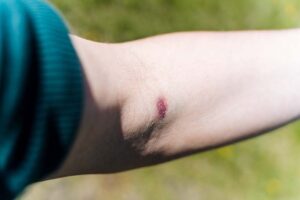- Practice Areas
- Personal Injury
- Car Accident
- Ride Share Accidents
- Trucking & Big Rig Accidents
- Bus & Metro Accidents
- Motorcycle Accidents
- Bicycle Accidents
- Pedestrian Accidents
- Slip and Fall Accidents
- Injury on City Property
- Quadriplegia
- Brain Injury and TBI
- Wrongful Death
- Spinal Cord Injury
- Animal Attack and Dog Bite Attorneys
- Defective Product
- Insurance Bad Faith
- Case Results
- Q&A
- Blog
- Contact Us
close
(818) 240-1800


